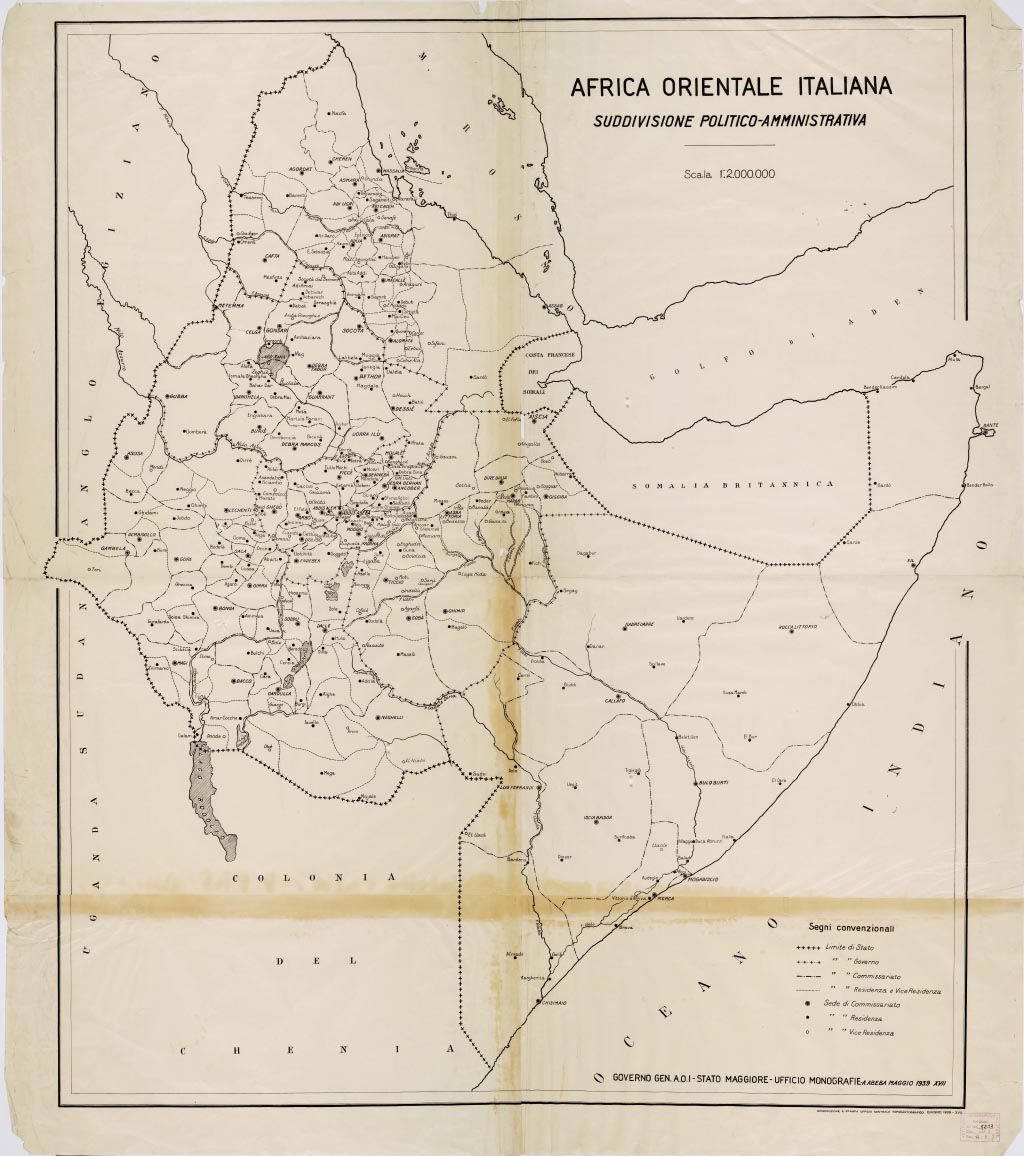It's nice to see that the Western Hemisphere is basically democratic, at least.
Yeah. The effects of the horrors and subsequent violent self-inflicted collapse of Nazi Germany's racist totalitarianism really boost ideas of democracy and social justice/reform after 1960, known as the 'global spring'. A lot of countries not directly affected by the events of TWR get a boost either through non-radical cultural and political shifts or successful revolutions like in Korea.


